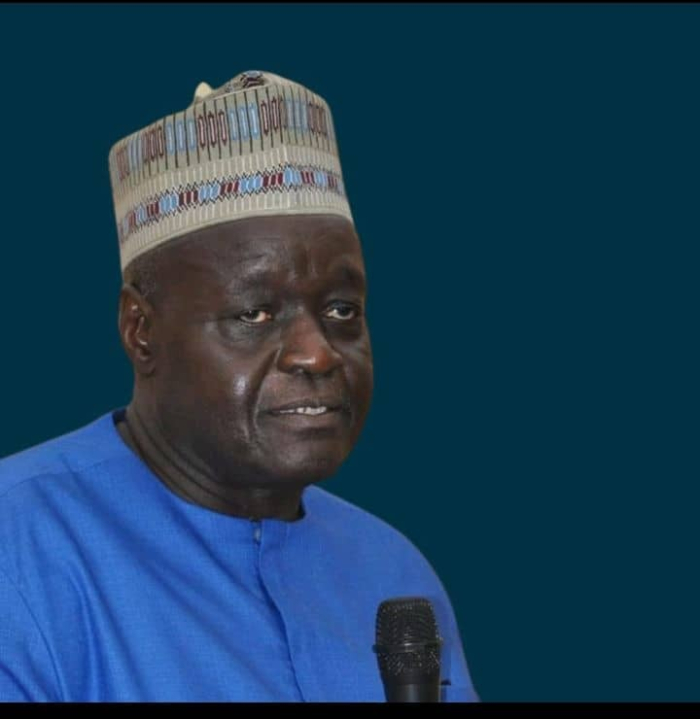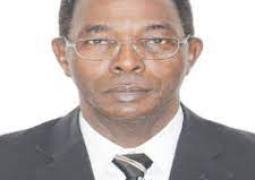
The Gambia must shift from borrowing for consumption to borrowing for transformation. Debt should be a tool to unlock productivity, not a burden that suffocates it. Every new loan must pass a stringent test:
• Does it create jobs?
• Does it expand the tax base?
• Does it enhance foreign exchange earnings?
• Does it reduce future fiscal risk?
If the answer is no, the borrowing should not proceed.
Conclusion: A Moment of Truth
The warning from the World Bank is not a condemnation — it is an opportunity. With decisive reforms in fiscal discipline, debt governance, and institutional capacity, The Gambia can reverse its trajectory from debt dependence to sustainable growth. Failure to act risks undoing years of progress and trapping the nation in a cycle of dependency and vulnerability.
Respectfully Submitted
Ambassador Abdoulie M Touray
Founder / President
SaHel Knowledge Campus Think Tank ( SKCTT)
October, 2025
[19/10, 17:20] Baks Touray: Economic Advisory Note
From Borrowing to Building a more Productive Economy.
The World Bank’s warning to The Gambia — that without urgent reforms in revenue generation, public spending, and debt management, our growing debt could undermine economic growth — should serve as a national wake-up call. It is not a condemnation, but a crucial opportunity to rethink our development model.
After receiving substantial debt relief in 2007, The Gambia is once again burdened by high levels of external debt, much of it used to finance consumption rather than production. Servicing this debt now consumes a significant share of government revenue, limiting resources for investment in critical sectors like infrastructure, energy, education, and agriculture — the foundations of sustainable growth.
We must therefore reorient our fiscal strategy: borrowing should no longer be used to plug deficits but to drive transformation. Debt must become a tool to unlock productivity — not a burden that suffocates it.
Every new loan should pass a simple national interest test:
• Will it create jobs?
• Will it expand the tax base?
• Will it increase foreign exchange earnings?
• Will it reduce future fiscal risk?
If the answer is no, the borrowing should not proceed.
This transformation requires bold action in three areas: strengthening fiscal discipline, improving debt governance, and building institutional capacity. Spending must be prioritised for projects that yield measurable returns. Debt transparency and strategic planning must become the norm, not the exception.
The Gambia stands at a crossroads. With decisive action, we can shift from debt dependence to sustainable growth — from borrowing to survive to borrowing to build. The path forward demands political will, disciplined governance, and a national consensus around long-term development goals.
The time to act is now — before the cost of inaction becomes irreversible.
Respectfully Submitted,
Ambassador Abdoulie M. Touray
Founder & President, SaHel Knowledge Campus Think Tank (SKCTT)
October 2025




